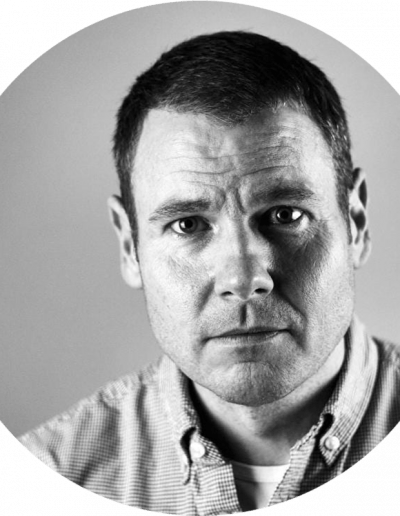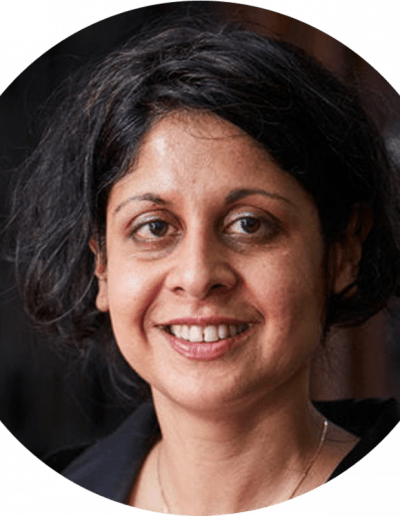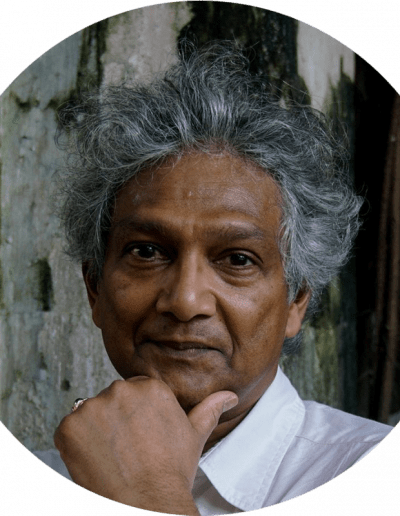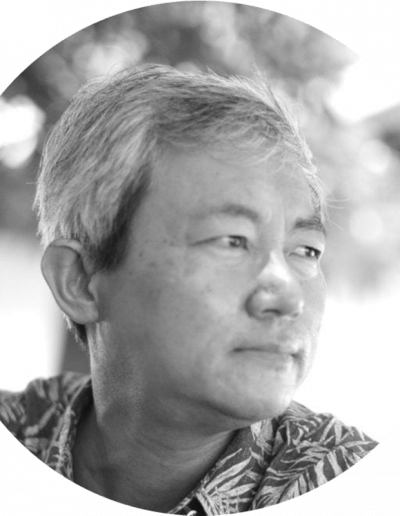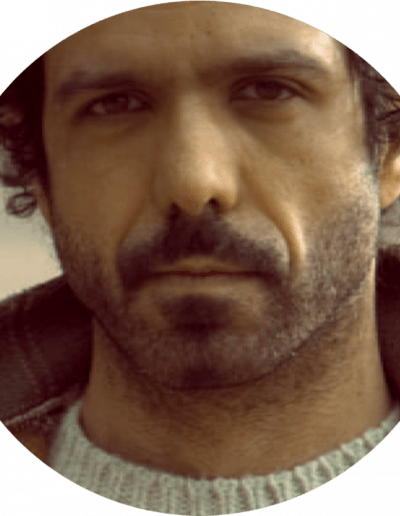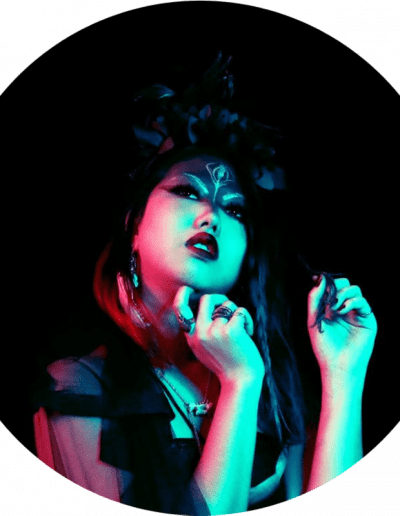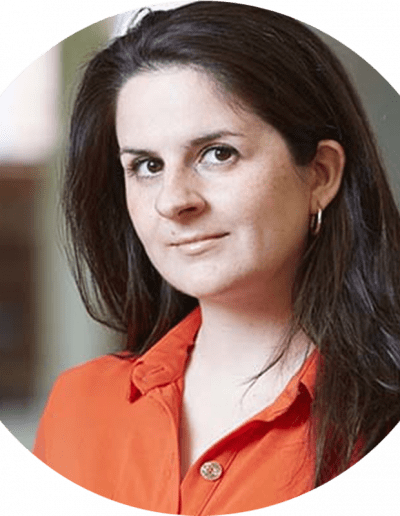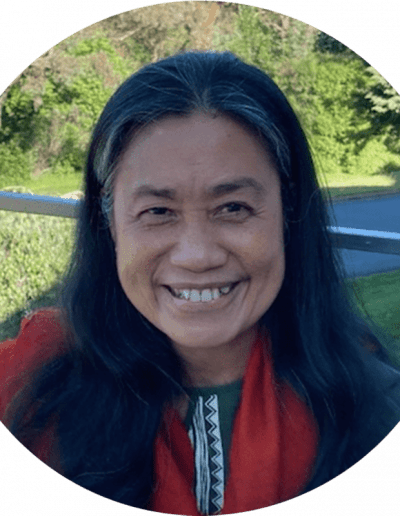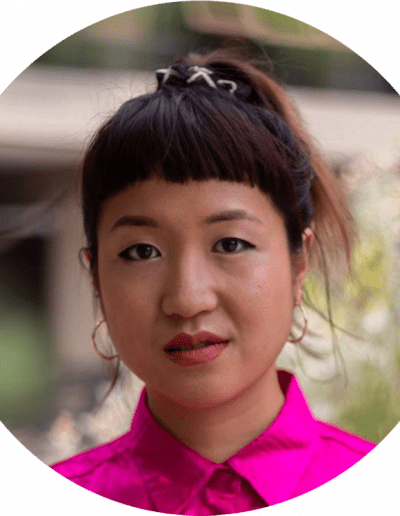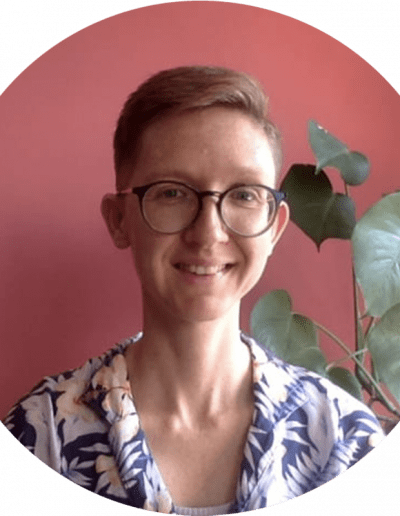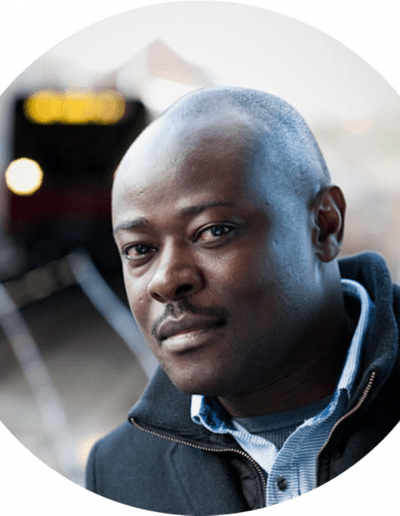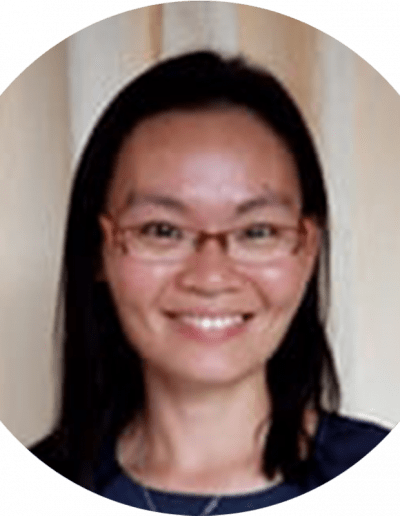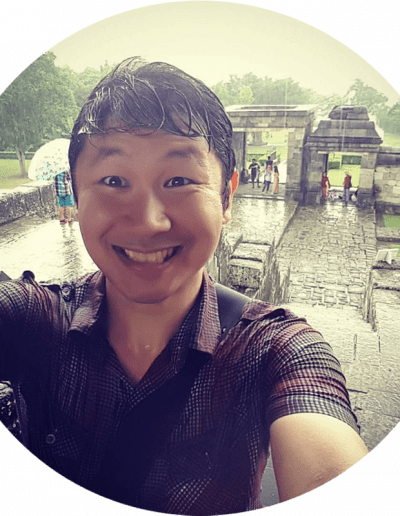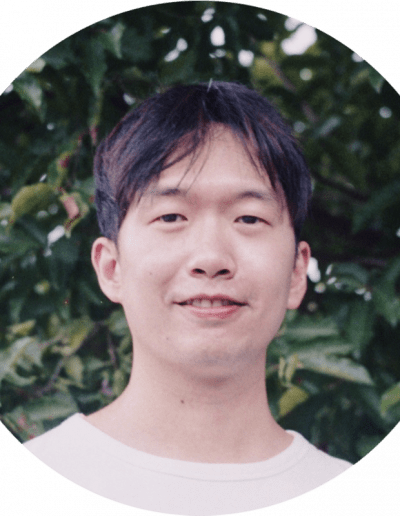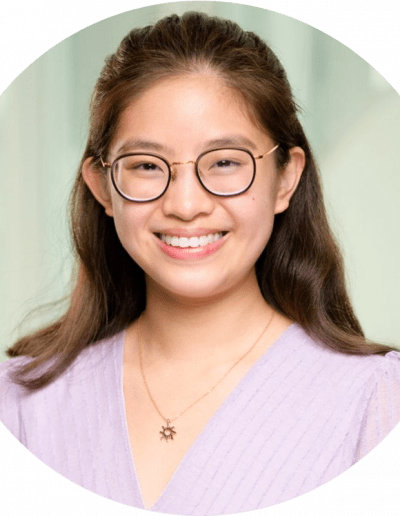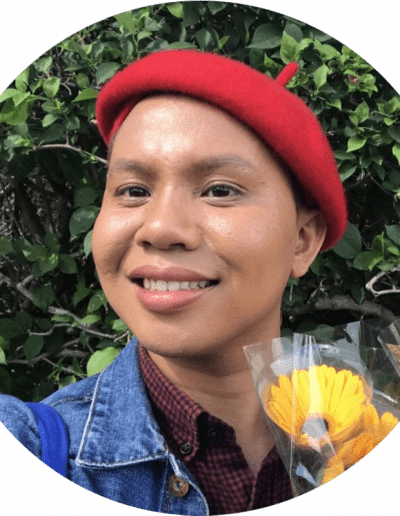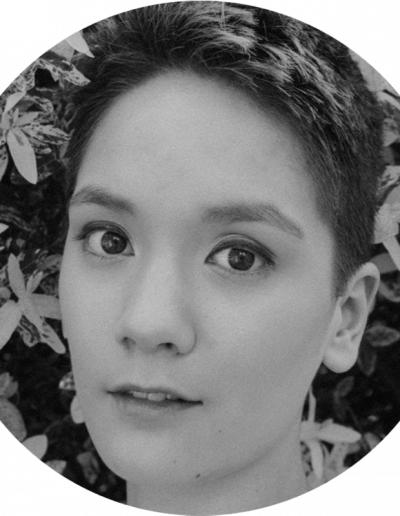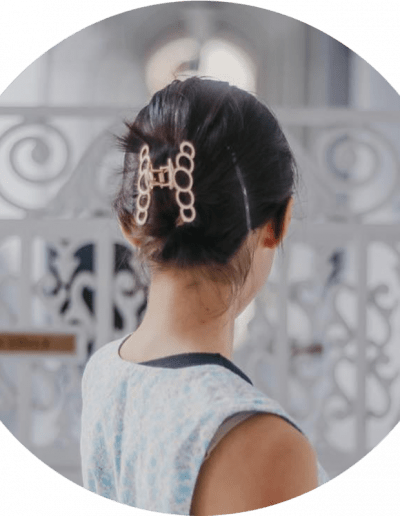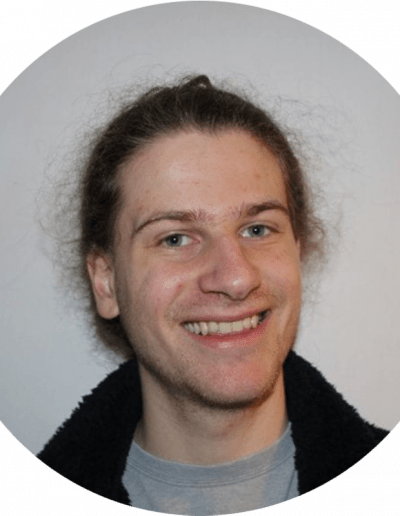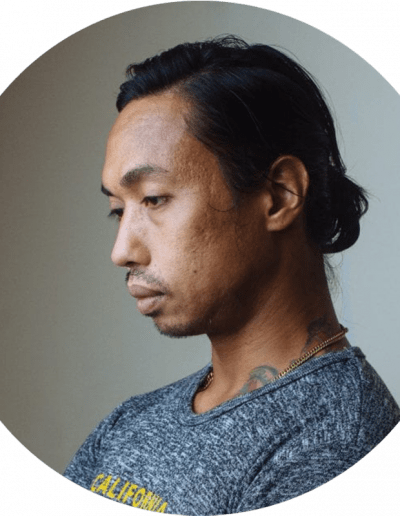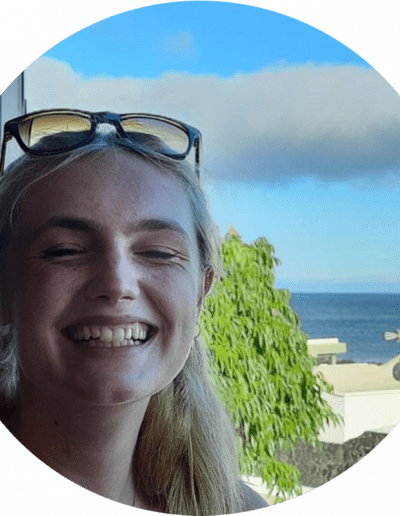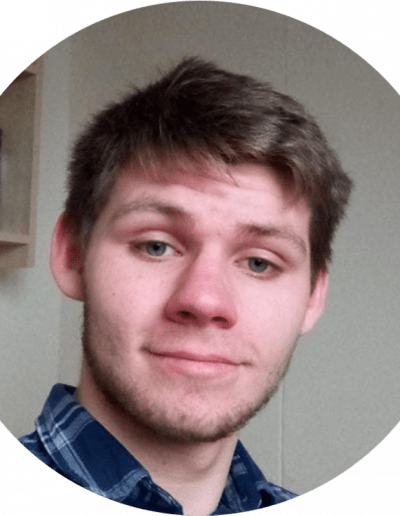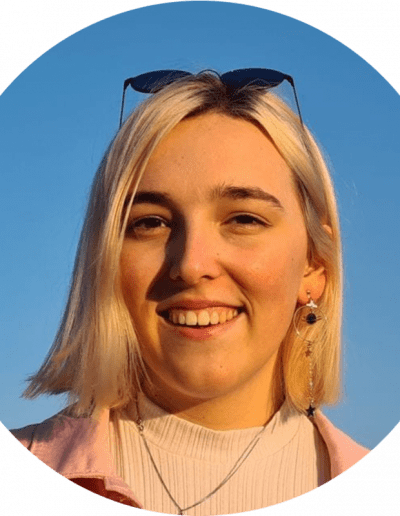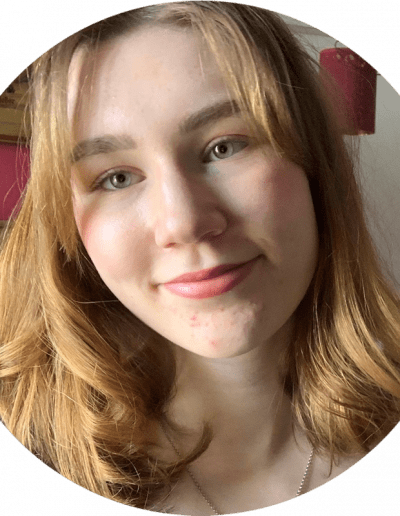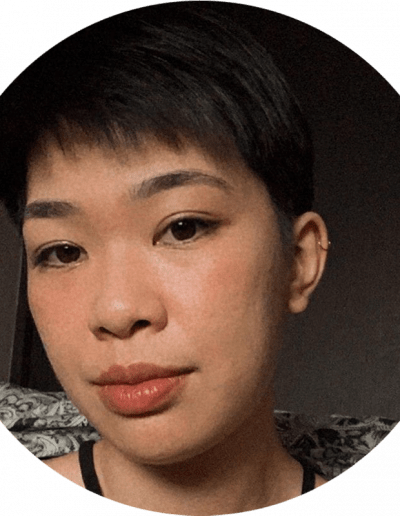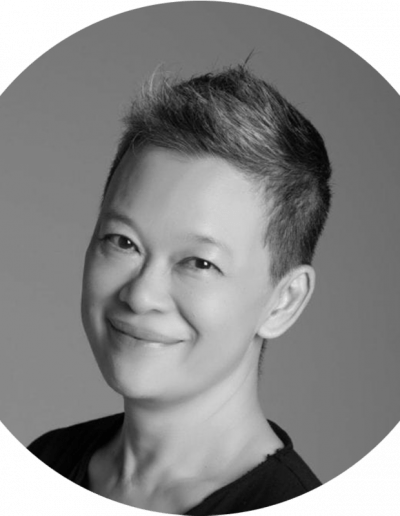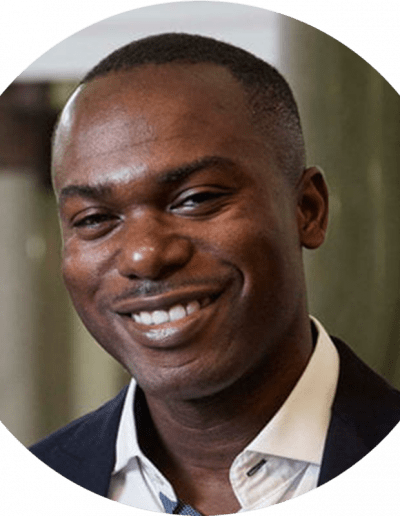Ecoimaginings 2021
Ecoimaginings 2021 is a virtual conference organized by the Asia Creative Writing Programme and presented by the School of Humanities, Nanyang Technological University and the University of Leeds with the support of the National Arts Council of Singapore. The conference will be held online from 11-12 December 2021 on Zoom and livestreamed via social media.
Ecoimaginings 2021 aims to:
- showcase examples of Ecoimaginings (fiction, poetry, creative non-fiction, multimedia, genre fluid works) across the Nanyang Technological University and the University of Leeds student and alumni communities
- discuss Ecoimagining and Ecofiction writing approaches, themes, contexts, challenges, techniques and pedagogy in practice
- discuss the role of the creative writer in exploring environmental concerns
The climate crisis and environmental issues confront everyone of us and threaten all aspects of life on earth. How do creative writers engage with these complex, environmental challenges? Where do we find hope and courage for the future? What role should creative writers play in addressing environmental issues?
These questions and more will be considered through readings, panels and discussions during Ecoimaginings 2021.
View the conference videos on our Facebook page here:
.. And take a look at our Ecoimaginings Reading list
of books mentioned during the conference
and written by our panelists and presenters..
Conference Sessions
Welcome & Introductory Remarks
Ecoimaginings 2021
Professor John Whale
Director, Poetry Centre, University of Leeds

Poetry Reading
Dr. Jennifer Crawford, Associate Professor,
Centre for Creative & Cultural Research, University of Canberra
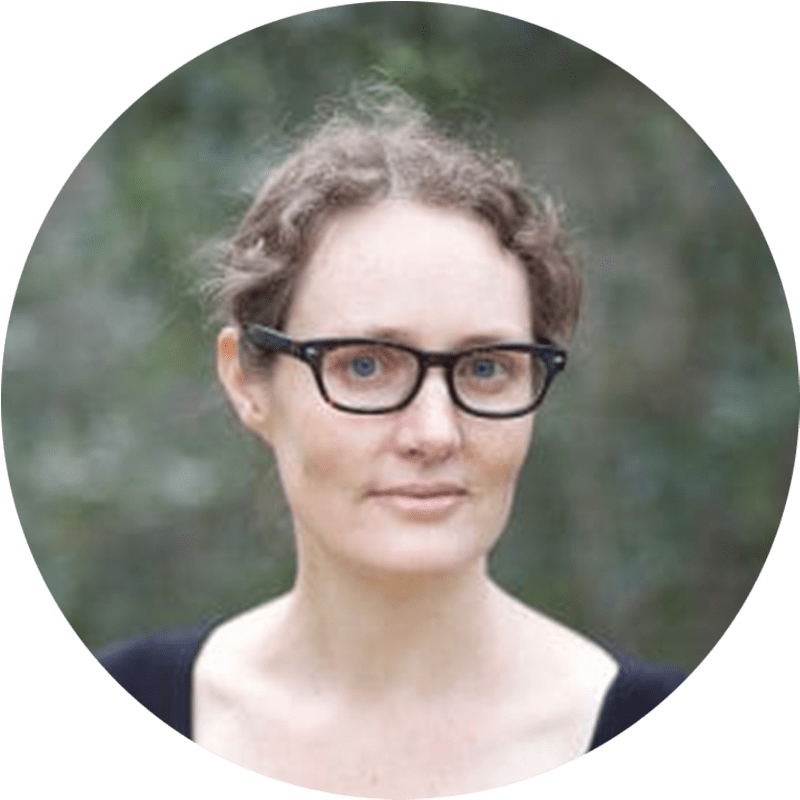
First Keynote Speech
The Environmental Context:
Insights from the Sixth IPCC Assessment Report
Professor Benjamin Horton
Director of the Earth Observatory of Singapore,
Nanyang Technological University

Prof Horton will contextualise our conference from the perspective of an Environmental Scientist and provide some insights from the IPCC Sixth Assessment Report released on 9 August 2021 by the IPCC Working Group, and in particular chapter nine on the ocean, cryosphere and sea levels, and the work of the Earth Observatory of Singapore based at Nanyang Technological University.
It’s vital that we understand the scientific perspective behind the state of the climate and the environmental issues facing us, these help inform and inspire our creative writing Ecoimaginings.
Poetry Reading
Simon Armitage, Professor of Poetry, University of Leeds
&
The Poet Laureate of the United Kingdom
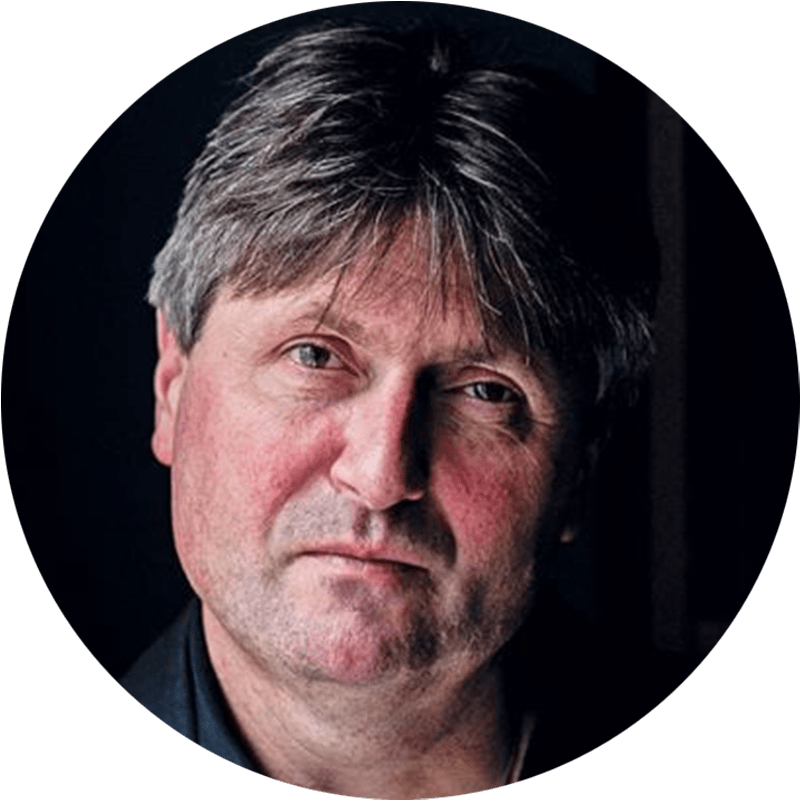
Second Keynote Speech
Ecoimaginings in a Weird World
Professor Graham Huggan
Chair in Commonwealth and Postcolonial Literatures,
University of Leeds
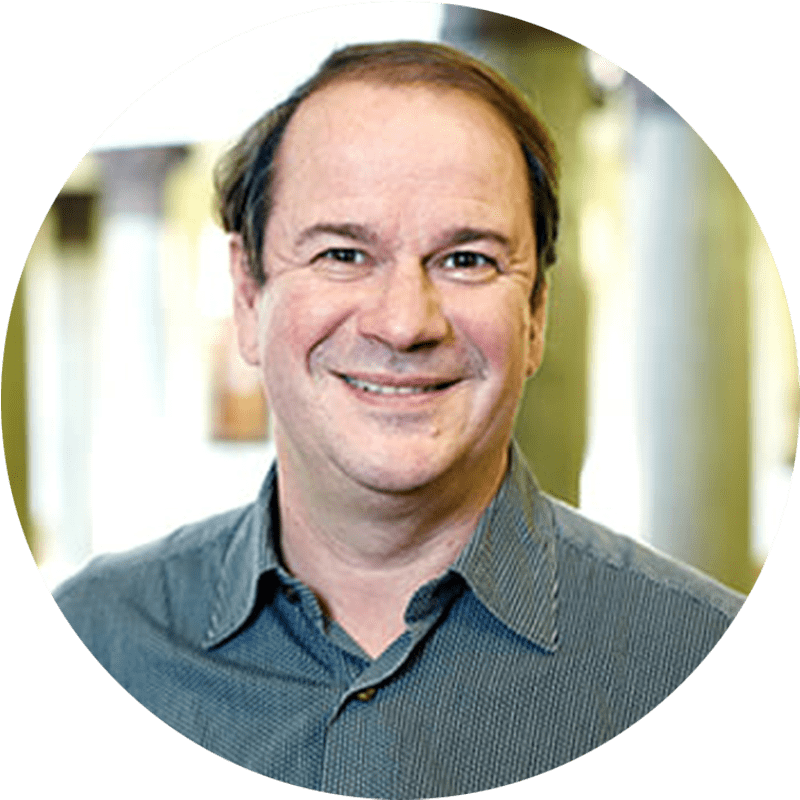
Chair: Professor Neil Murphy
Chair, School of Humanities,
Toh Puan Mahani Idris Daim Chair Professor of Humanities,
Nanyang Technological University
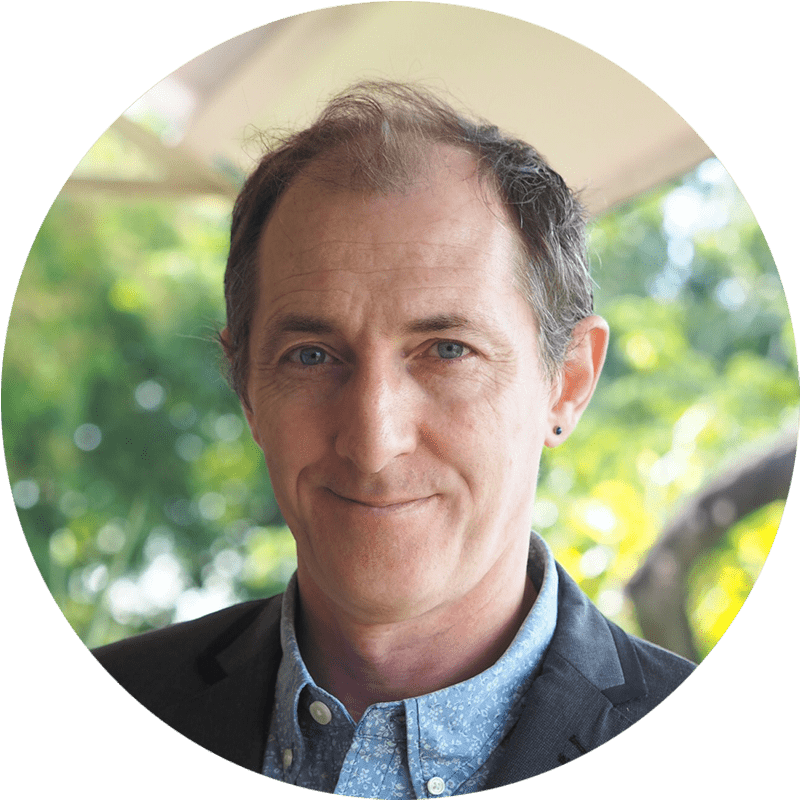
Poems and fictions from:
Moderator: Theophilus Kwek
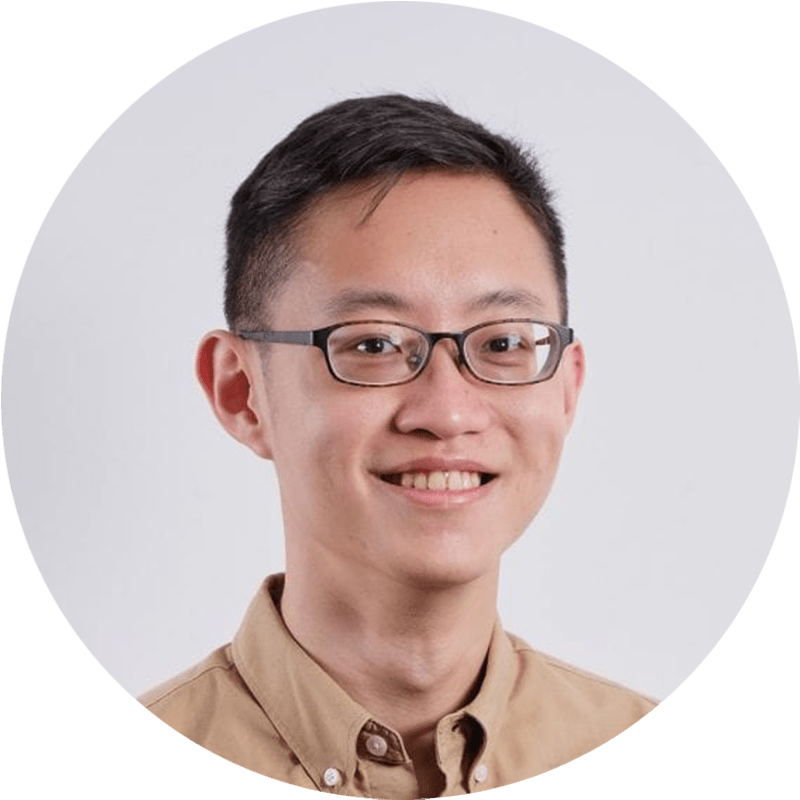
How should creative writers ‘be’ in this time of crisis? How do our panelists engage with environmental issues in their creative work and practice? Should creative writers be prophets, social activists, advocates, idealists, contrarians, etc? Should we be ‘wilding’ more stories? How do creative writers on the panel engage with ideas such as ecocriticism, eco-feminism, ecocentrism and the anthropocentric?
Panelists: Jemimah Wei, Marylyn Tan, Matt Howard, Karina Lickorish Quinn
Moderator: Assistant Professor Kiu-wai Chu

How have ecocriticism and environmental issues affected the way you teach creative writing? How should creative writing pedagogy be informed by global environmental connections and concerns, non-human perspectives, and literary representation?
New Fruits:
Creative Eco-Writing from NTU, NIE & Leeds University Emerging Writers
11 am–12:30 pm GMT / 7–8:30 pm SGT, 12 December 2021
Students from NTU, NIE and Leeds University read and share their Eco-Imagining creative works (poetry, fiction, essays, multi-media, and creative non-fiction) in three breakout rooms taking place at the same time. All students, scholars and creative writing practitioners are invited to enter the conversation to discuss the readings and their own eco-texts, creative approach and practice.
Our vision is that this be the start of an ongoing conversation between creative writing students across borders and continents. We hope further sharing and conversations between students will continue after the conference ends.
Facilitators include Dr. Michelle Wang, Daryl Qilin Yam and Ng Yi-Sheng.
Chair: Dr. Shirley Chew
Professor Emeritus, University of Leeds
Professor, Nanyang Technological University
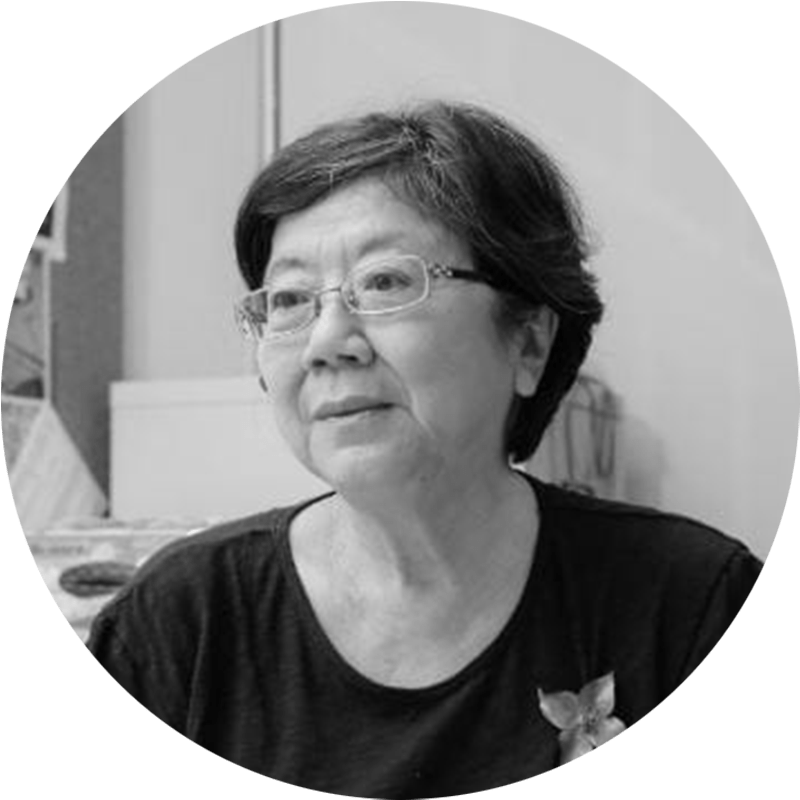
Closing Remarks
Poems and fictions from:
About the Speakers
Opening Session: Ecoimaginings 2021
Professor John Whale
John Whale is a poet and an academic. He has published two collections of poems with Carcanet/Northern House, Waterloo Teeth (2010) and Frieze (2013). The former was shortlisted for the Felix Dennis Forward Prize for best first collection. His work was first featured in Anvil New Poets 2 (1995), edited by Carol Ann Duffy. Since 2001 he has been a co-editor of Stand magazine.
Associate Professor Jennifer Crawford
Jen Crawford is an Associate Professor of Writing and Associate Dean of Education at the University of Canberra, Australia. Her critical writing focuses on the poetics of place and on cross-cultural engagements in various literary contexts. She is the author of eight poetry books and chapbooks, including Koel (Cordite Books). Recent poetry can be found in The Language in my Tongue, an Anthology of Australian and New Zealand Poetry (MadHat Press), and in the Melbourne University Press Anthology of Australian Prose Poetry. She was born and raised in Aotearoa/New Zealand and has also lived in the Philippines and Singapore, where she led the NTU Creative Writing Programme.
Professor Simon Armitage
Simon Armitage was born and lives in West Yorkshire. He has taught at Manchester Metropolitan University, the University of Iowa’s Writers’ Workshop, The University of Sheffield, and in 2015 was appointed Oxford University Professor of Poetry. He has published nine full-length collections of poetry, including Paper Aeroplane, Selected Poems 1989 -2014 and The Unaccompanied (2017). In 2007 he published his critically acclaimed translation of Sir Gawain and the Green Knight. He is also the author of several non-fiction titles such as All Points North and Walking Home, two novels, and numerous plays; his adaptations of Homer’s Odyssey and the Iliad were performed at Shakespeare’s Globe in London. He is also a broadcaster, librettist and song-lyricist, and has written extensively for radio and television. In 2017 he was appointed Professor of Poetry at the University of Leeds.
Professor Benjamin Horton
Professor Benjamin Horton is the Director of the Earth Observatory of Singapore at Nanyang Technological University (NTU), Singapore. His research concerns sea-level change. He aims to understand the mechanisms that have determined sea-level changes in the past, which will shape changes in the future. Professor Horton has won a number of research awards from European Geosciences Union, American Geophysical Union and Geological Society of America. Professor Horton is an editor for the Intergovernmental Panel on Climate Change (IPCC) 6th Assessment Report. Professor Horton has published over 230 articles in peer-reviewed journals, including Science, Nature and Proceedings of the National Academy of Sciences.
Professor Graham Huggan
Graham Huggan is Professor and Chair of Commonwealth and Postcolonial Literatures at the University of Leeds, UK. A leading postcolonial critic, he is the author of 13 books, including Postcolonial Ecocriticism: Literature, Animals, Environment (2010) and Nature’s Saviours: Celebrity Conservationists in the Television Age (2013). Professor Huggan’s research spans the entire field of comparative postcolonial literary/cultural studies, and he also has expertise in environmental humanities (including animal studies), tourism studies (especially travel writing), short fiction and contemporary film.
Landmarks: A Showcase of Ecoimagining Poetry & Fiction
Professor Neil Murphy
Neil Murphy is a Professor of English at NTU, Singapore, and has previously taught at the University of Ulster and the American University of Beirut. He studied at University College Galway (BA & MA), and University College Dublin (PhD). He is the author of Irish Fiction and Postmodern Doubt (2004) and editor of Aidan Higgins: The Fragility of Form (2010). He has co-edited (with Keith Hopper) a special Flann O’Brien centenary issue of the Review of Contemporary Fiction (2011) and The Short Fiction of Flann O’Brien (2013). He has also co-edited (with Keith Hopper) a four book series related to the work of Dermot Healy, including a scholarly edition of Fighting with Shadows (2015), as well as Dermot Healy: The Collected Short Stories (2015), Dermot Healy: The Collected Plays (2016), and Writing the Sky: Observations and Essays on Dermot Healy (2016). His monograph, John Banville (2018) was published by Bucknell University Press. He has published widely on contemporary Irish fiction.
Matt Howard
Matt Howard is the 2021-22 Douglas Caster Cultural Fellow at the University of Leeds. Matt’s first full collection, Gall, was published by The Rialto in 2018. It won the 2018 East Anglian Book Award for Poetry, was shortlisted for the Seamus Heaney Centre First Collection Prize in 2019, and was awarded Best First Collection in the inaugural 2020 Laurel Prize.
Vahni (Anthony) Capildeo
Vahni (Anthony) Capildeo FRSL is Writer in Residence and Professor at the University of York, a Visiting Scholar at Pembroke College, Cambridge, an Honorary Student of Christ Church, Oxford, and a Lay Dominican Enquirer (Edinburgh fraternity). Their research interests include silence, plurilingualism, place, memory, and traditional masquerade. Capildeo’s eighth full-length book, Like a Tree, Walking (Carcanet, 2021), a Poetry Book Society Winter Choice, disrupts the literature of walking and offers new definitions of love. Capildeo’s eighth pamphlet, Gentle Housework of the Sacrifice (Guillemot, forthcoming), is inspired by fragments of pandemic joy as well as loss. Their ninth pamphlet is a series of medieval erasures twinned with contemporary dreams.
Romesh Gunesekara
Romesh Gunesekera is internationally acclaimed for fiction that explores key themes of our times – political, environmental, economic – through novels and stories of wide appeal. His ten books include the prescient 1994 Booker-shortlisted Reef, which highlighted the degradation of coral reefs, and the dystopian Heaven’s Edge increasingly recognized for its early environmental concerns.
His latest novel, Suncatcher, is a story of friendship as two boys seek to protect the wild spaces and wild life around them in the turbulent 1960s. It is now available in paperback and as an audiobook.
His writing has been translated into over a dozen languages and he is the recipient of many awards. He is also the co-author of the Writers’ & Artists Companion: Novel Writing.
Born in Sri Lanka, he now lives in London and is a Fellow of the Royal Society of Literature. In 2013, he was International Writer in Residence at NTU in Singapore.
Esther Vincent Xueming
Esther Vincent Xueming is the author of Red Earth (Blue Cactus Press, 2021), which was a finalist for the 2020 Gaudy Boy Poetry Book Prize. She is the editor-in-chief and founder of The Tiger Moth Review, an independent eco journal of art and literature based in Singapore. She is also co-editor of Making Kin: Ecofeminist Essays from Singapore (Ethos Books, 2021) and two poetry anthologies, Poetry Moves (Ethos Books, 2020) and Little Things (Ethos Books, 2013). Image photo credit: Ethan Leong
Assoc. Professor Boey Kim Cheng
Boey Kim Cheng is a poet and Associate Professor at Nanyang Technological University. His poems have featured in the literature syllabus of the GCE A Level, the HSC and the International Baccalaureate. Besides poetry, he has published a travel memoir, Between Stations, and Gull Between Heaven and Earth, a historical novel about the Tang poet Du Fu. He has a forthcoming collection called The Singer and Other Poems to be published by Cordite in 2022.
Zaffar Kunial
Zaffar Kunial was born in Birmingham, England. He is the author of Us and was shortlisted for a number of awards including the Costa Poetry Award and the T. S. Eliot Prize. He was the 2019-21 Douglas Caster Cultural Fellow in Poetry at Leeds University. A pamphlet, Six, was out from Faber in 2019.
Panel 1: The Role of the Creative Writer in a Time of Environmental Crisis
Jemimah Wei
Jemimah Wei is a writer and host based in Singapore and New York. She was recently named a 2020 Felipe P. De Alba Fellow at Columbia University, and is a Francine Ringold Award for New Writers honouree. Her work has been nominated for the Pushcart prize and Sundress Best of the Net, received support from Singapore’s National Arts Council, and appeared in Nimrod, Smokelong Quarterly, and CRAFT Literary, amongst others. Presently a columnist for No Contact Magazine, she is at work on a novel and three story collections. Say hi at @jemmawei on socials.
Marylyn Tan
Marylyn Tan is a delicious, slutty, large-beasted, queer linguistics graduate, poet, and artist, who has been performing and disappointing since 2014. She is invested in good girls, bad queers, enabling legally-ambiguous hijinks and shenanigans, and alienated, endangered body parts. Her first child, Gaze Back (published by Ethos Books; Lambda Loser), is both bible and shitpost. Marylyn has been published, chastised, demonised, lusted over, but never bothered. She writes for your bewilderment.
Marylyn is based in Singapore (she never left).
Matt Howard
Matt Howard is the 2021-22 Douglas Caster Cultural Fellow at the University of Leeds. Matt’s first full collection, Gall, was published by The Rialto in 2018. It won the 2018 East Anglian Book Award for Poetry, was shortlisted for the Seamus Heaney Centre First Collection Prize in 2019, and was awarded Best First Collection in the inaugural 2020 Laurel Prize.
Karina Lickorish Quinn
Karina Lickorish Quinn is a Peruvian-British writer. Her short stories and translations have been published in various literary journals including The Offing, Asymptote, Question Journal and The White Review Online. In 2019, her work will be featured in the first anthology of British-Latinx writers (Flipped Eye). Karina writes in English, Spanish, and Spanglish and is excited by writing that erases linguistic boundaries. Karina is also completing her PhD in Creative Writing at Queen Mary University of London and editing a novel about ghosts, urban saints, and the counterhistories of Peru.
Karina’s research interests include women and women’s bodies; magic realism and surrealism; spectres and spectrality; transnationalism and migration; multilingual writing and translanguaging; memory and countermemory; the indigenisation of the Europhone novel; and post-conflict literature, especially novels which engage with and interrogate processes of transitional justice in post-conflict contexts.
Theophilus Kwek
Theophilus Kwek has published four poetry collections, two of which were shortlisted for the Singapore Literature Prize. His work has appeared in The Guardian, Times Literary Supplement, Mekong Review, and elsewhere. He serves as Poetry Editor of the Asian Books Blog, and his latest collection is Moving House (Carcanet Press). Photo credit Marc Nair.
Panel 2: Ecoimaginings & the Creative Writing Classroom
Assistant Professor Kiu-wai Chu
Kiu-wai Chu (BA London; MPhil Cantab; PhD HK) is Assistant Professor in Environmental Humanities and Chinese Studies at Nanyang Technological University, Singapore. His research focuses on environmental humanities, ecocriticism, and contemporary cinema and visual art in Asia. He is an Executive Councillor of the Association for the Study of Literature and Environment (ASLE-US), and Living Lexicon editor of the open-access journal Environmental Humanities (Duke University Press). His work has appeared in Transnational Ecocinema; Ecomedia: Key Issues; Cli-fi: A Companion; Journal of Chinese Cinemas; Asian Cinema; Chinese Environmental Humanities and elsewhere.
Dr. Merlinda Bobis
Dr. Sharlene Teo
Sharlene Teo’s debut novel Ponti (Picador, 2018) won the inaugural Deborah Rogers Writer’s Award, was shortlisted for the Hearst Big Book Award and Edward Stanford Fiction Award, longlisted for the Jhalak Prize and selected by Ali Smith as one of the best debut works of fiction of 2018. Her work has been translated into eleven languages, shortlisted for the 2017 Berlin Writing Prize and published in places such as the TLS, The Guardian, The London Magazine, Lit Hub, and the Daunt Books anthology At the Pond. She completed her PhD in Creative and Critical Writing at the University of East Anglia, where she received the 2012 Booker Prize Foundation scholarship and the 2013 David TK Wong Creative Writing Award. She is the recipient of fellowships from the Elizabeth Kostova Foundation and the University of Iowa International Writing Program and is completing her second novel.
Clare Fisher
Clare Fisher is a novelist, short story writer, creative writing teacher and editorial consultant. Her debut novel ALL THE GOOD THINGS (Viking, Penguin, 2017) won a Betty Trask Award and was published in eight territories worldwide. Influx Press published her collection of very short fiction, HOW THE LIGHT GETS IN, in 2018. It was then longlisted for the Edgehill Short Story Award and the Dylan Thomas Prize. She is currently working on her next novel, doing an AHRC-funded PhD in Creative Writing at the University of Leeds which looks at experimental writing, failure and queer theory.
She is currently a Royal Literary Fund Fellow at the School of Law, University of Leeds. She also teaches Creative Writing to Undergraduates at the University of Leeds and Leeds Arts University, as well as to MA students at Goldsmiths College, University of London. She has previously taught at Queen Mary University London, at Arvon, and in a wide variety of community settings. She has a BA in History from the University of Oxford, an MA in Creative and Life Writing from Goldsmiths.
Helon Habila
Helon Habila is a Nigerian writer and teaches creative writing at George Mason University in Virginia. He is the author of four novels, Waiting for an Angel, Measuring Time, Oil on Water and Travelers. He is the author of the nonfiction book, The Chibok Girls, and editor of the Granta Book of African Short Story. He is a contributing editor to the Virginia Quaterly Review and has published reviews and essays in the New York Times and the UK Guardian. His many awards include the Caine Prize, the Virginia Library Fiction Prize, the Commonwealth Prize, and the Windham-Campbell Prize for Fiction.
New Fruits: Creative Eco-Writing from NTU & Leeds University Emerging Writers
Dr. Michelle Wang
Michelle Wang is Assistant Professor of English at the School of Humanities, Nanyang Technological University, Singapore. She is faculty mentor for the Double Major programmes in English and teaches courses in twentieth and twenty-first century literature and literary theory. Her scholarship is published in journals such as Narrative and Style, and her book monograph Eternalized Fragments: Reclaiming Aesthetics in Contemporary World Fiction was published by The Ohio State University Press in 2020.
Jamie Uy
Jamie Uy is a M.A. English student at Nanyang Technological University in Singapore. She graduated from New York University Abu Dhabi with double B.A. degrees in Literature and Film Studies. Her research and creative interests include ecocriticism, science fiction, postcolonial theory, popular culture, and Southeast Asian literature and cinema. She has written an article on Pacific Rim as posthumanist cinema published by the New Review of Film and Television Studies. You can find her poetry in Quarterly Literary Review Singapore and OF ZOOS.
Laura Jane Lee
Laura Jane Lee is a poet from Hong Kong, currently based in Singapore. Under her former name, she founded KongPoWriMo, Subtle Asian Poetry Collective, and is the winner of the Sir Roger Newdigate Prize. Her work has been awarded in various international competitions including the Oxford Brookes International Poetry Competition, Out-Spoken Poetry Prize and the Poetry London Mentorship Scheme, among others. She has been published in journals and newspapers including ORB, HKFP, HK01, QLRS and The Mekong Review, among others. Previous pamphlets include “chengyu: chinoiserie” (Hedgehog Poetry Press, 2020) published under her former name, and “flinch & air” (Out-Spoken Press, 2021).
Olga Kat Sjødal
Kat is a second year student studying English literature and creative writing at University of Leeds. This is an exciting opportunity for Kat to explore nature writing. Her poem focuses on memories of the past and how they contrast the present.
Christopher On
Chris On is from Whitley Bay in the North East of England. They are non-binary and currently enjoying writing modernist inspired poetry as well as funny little poems about animals. Questions of history and interpersonal relationships are major focuses of their work combined with a fairly dense lyrical style.
Ng Yi-Sheng
Ng Yi-Sheng is a Singaporean writer of poetry, fiction, non-fiction and theatre, with a keen interest in Southeast Asian history and myth. His books include Lion City and last boy (both winners of the Singapore Literature Prize), A Book of Hims, Loud Poems for a Very Obliging Audience, Black Waters, Pink Sands and A Mosque in the Jungle: Classic Ghost Stories by Othman Wok (as editor). He is completing his Creative Writing PhD at Nanyang Technological University. He tweets and Instagrams at @yishkabob.
nor
nor is an artist whose practice is rooted in self-portraiture. Their works engage with belonging and identity through frameworks of gender performance, ethnographic portraits and transnational histories. nor’s writings have been published in Exhale: An Anthology of Queer Singapore Voices and Singa Pura-Pura: Malay Speculative Fiction from Singapore.
Mackenzie Bradley-Wilkinson
Mackenzie is a twenty year old undergraduate studying English literature and creative writing at the University of leeds. His submission for eco-imaginings is one of his first ‘proper’ poems as his preferred form is prose fiction. This has been a great opportunity for him to explore poetics and a better opportunity to learn about ecology and it’s importance.
Sara Frisch
Sara Frisch was born and raised in Koblenz, Germany, and studies English Literature with Creative Writing at the University of Leeds. Her favourite writers are Emily Dickinson and Virginia Woolf. She is currently working on a novel influenced by the modernist literary tradition, in which she experiments with stream of consciousness and a more fluid narration style and which explores its characters through the lens of the every-day.
Joel Donato Ching Jacob
Joel Donato Ching Jacob, called Cup by friends, is a 2021 Clarion West Writers Workshop cohort. He is the author of “Wing of the Locust”, the 2018 Scholastic Asian Book Award winner, Ani ng Dangal (Harvest of Honors) 2021 for Literature, 2021 Madrigal Gonzalez Best First Book Award winner and Singapore Book Award Finalist. He lives in Bay, Laguna in the Philippines with more dogs than he can manage. He enjoys fitness and the outdoors. Follow him on twitter or Instagram @chimeracupkeyk.
Daryl Qilin Yam
Daryl Qilin Yam is a writer, editor and arts organiser. His most recent works include the novella, Shantih Shantih Shantih (2021), and the novel, Lovelier, Lonelier (2021), a finalist for the 2021 Epigram Books Fiction Prize. He is also a co-founder and director at the literary non-profit Sing Lit Station. Photo credit: Diana Rahim (Verkur) – all rights reserved.
Cat Chong
Cat is a poet, lecturer, publisher, and proud queer crip, whose durational work flails wildly between conceptual and confessional tendencies. They’re a graduate of the Poetic Practice MA at Royal Holloway and are a current PhD student at Nanyang Technological University, Singapore. Their debut pamphlet Plain Air: An Apology in Transit (2021) was recently published with Broken Sleep Books.
Eleanor Richardson
Eleanor Richardson grew up in North Yorkshire. She studies English Literature with Creative Writing at the University of Leeds and enjoys writing prose. She has been published by The Stand and won a historical fiction competition for Write the World. Eleanor is working on her debut novel, Never Having Left.
Closing Session: Ecoimaginings 2021
Dr. Shirley Chew
Shirley Chew is Professor Emeritus, University of Leeds, UK; and currently a Professor at the School of Humanities, Nanyang Technological University. Her research interests include Postcolonial and Contemporary World Literatures. Among her publications are the co-edited Unbecoming Daughters of the Empire (1993), Translating Life: Studies in Transpositional Aesthetics (1999), Re-constructing the Book: Literary Texts in Transmission (2001), and the Blackwell Concise Companion to Postcolonial Literature (2010). More recent publications include chapters in books and journal articles on Olive Senior (2011 and 2015), Wole Soyinka (2012), Amitav Ghosh (2013), Boey Kim Cheng (2015), Anita Desai (2018) and Han Suyin (2021). She is the founding editor of Moving Worlds: A Journal of Transcultural Writings (2001-present), published from the University of Leeds and, since 2011, from Leeds and NTU. She was a judge of the Epigram Books Fiction Prize for 2022; the David Cohen Literature Prize for 2013; and the Singapore Literature Prize (English Fiction category) for 2016.
Arin Alycia Fong
Arin Alycia Fong holds an MA in Creative Writing from Nanyang Technological University. Her work has appeared in Best New Singaporean Short Stories Volume 5 (Epigram Books 2021), Quarterly Literary Review Singapore, Southeast Asian Review of English, In This Desert, There Were Seeds (Ethos Books 2019), this is how you walk on the moon (Ethos Books) and elsewhere. She is the co-editor of To Gather Your Leaving: Asian diaspora poetry from America, Australia, UK and Europe (Ethos Books, 2019).
Madeleine Lee
Madeleine Lee has published 11 volumes of poetry since 2003. Her work is often triggered by the nature that surrounds us all, but which we often fail to notice. She has been widely anthologised and has read in festivals and symposia in Singapore, Kuala Lumpur, Hanoi, Jakarta, Palembang, Melbourne, Adelaide, Paris and Leeds.
Her latest publication “random walk” is a collection arising from her stint as Poet-in-Residence for Nature Society Singapore & Bird Life International (Asia). She lives in Singapore. More information on her poetry can be found at https://madeleineleepoetry.com/
Jason Allen-Paisant
Jason Allen-Paisant is a Lecturer in Caribbean Poetry and Decolonial Thought, with joint appointments in the School of English and the School of Languages, Cultures and Societies at the University of Leeds. His poetry has been featured or is forthcoming in Granta, PN Review, Callaloo, Carcanet’s New Poetries VIII, BBC Radio 3’s The Verb, Stand, and other publications. His first full-length book of poems is slated to be published by Carcanet Press in 2021. His critical and theoretical writing is available or will appear in Atlantic Studies, New Formations, New Theatre Quarterly, the Journal of Commonwealth Literature, among other places.
If you have any queries about Ecoimaginings 2021 or any questions for the panelists please contact Jon Gresham or Wan Khalisah.
Video recordings of the various sessions are available. For copyright and other reasons, any recordings should not be circulated. Recordings will be provided for personal research use only. For access to the video recordings, please direct all enquires to Jon Gresham and Wan Khalisah.
Citation for the panels should follow this format: Davis, Jeremy, Wei, Jemimah, Tan, Marylyn, panellists. “The Role of the Creative Writer in a Time of Environmental Crisis” Ecoimaginings 2021, 11 December 2021. Web.


